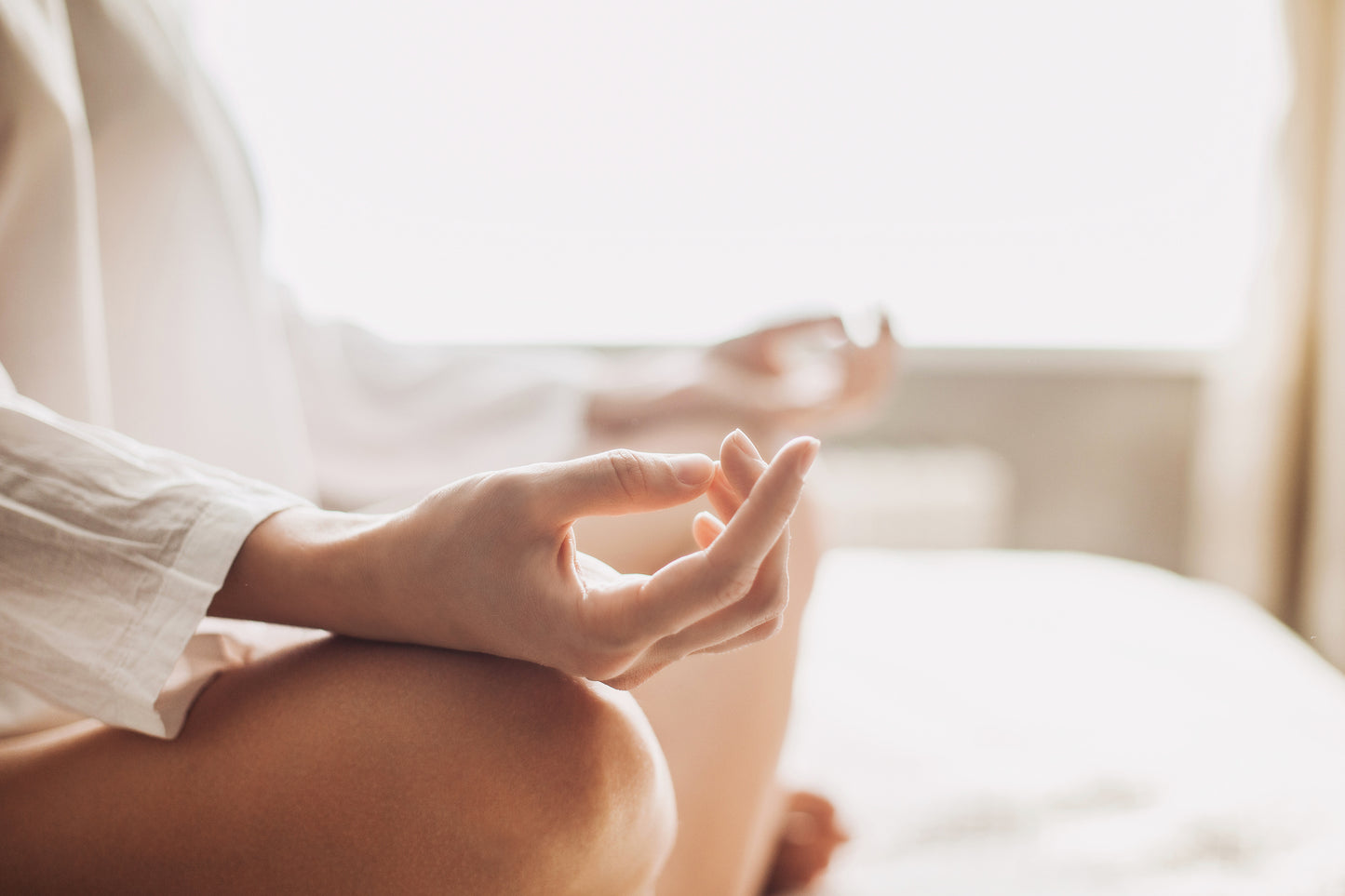
Meditation: Powerful Medicine for Your Cells!
As a naturopathic physician, I know just how powerful the mind-body connection is. That’s why mindful meditation is one of my favorite prescriptions for people who want to lose weight, feel younger, and have more energy. And now, as it turns out, there’s another reason to add meditation to your daily health routine: It can protect you at the cellular level.
What New Research Shows
Recently, researchers in Canada asked 34 breast cancer survivors – all experiencing high levels of emotional distress – to participate in group sessions where they learned how to perform mindfulness meditation and gentle Hatha yoga. Participants also practiced meditation and yoga at home for 45 minutes each day.
The researchers found that telomere length stayed stable in the women who practiced meditation and yoga, while telomeres grew shorter in a control group of cancer survivors who didn’t participate in these activities. Telomeres are the caps on the ends of chromosomes that protect your DNA, and shorter telomeres are associated with cell aging and diseases such as cancer.
Linda Carlson, who led the research team, says, “We already know that psychosocial interventions like mindfulness meditation will help you feel better mentally, but now for the first time we have evidence that they can also influence key aspects of your biology.” (By the way, the researchers also found that breast cancer survivors who participated in social support groups had stable telomeres—additional evidence of that all-important mind-body connection.)
How to Incorporate Meditation into Your Own Life
If you lead a busy life, you may be thinking: “Kellyann, I don’t have time to meditate for 45 minutes a day.” And that’s perfectly fine. (To be honest, I usually don’t either.) The good news is that even a few minutes of meditation – for instance, ten minutes in the morning or fifteen minutes before bedtime – can make a big difference in your wellbeing. And here’s more good news: Meditation is simple. Here’s how to do it.- Find a quiet place where no one will interrupt you. (If all else fails, lock yourself in the bathroom.)
- Get in a comfortable position in a chair or on the floor. Rest your hands lightly on your thighs.
- Notice how you feel. Are you tired? Cool? Warm? Are you experiencing any tension or pain in any part of your body? How does your clothing feel against your skin?
- Notice your surroundings. What do you see, hear, or smell?
- Let your mind wander where it will. At first, it will probably be swirling with thoughts about work, money, or family issues. That’s okay. Simply examine each thought without judging it, and then gently let it go.
- Focus on your breathing. Take deep breaths in, as if you’re filling your abdomen with air. Then slowly let each breath out. Focusing on your breathing helps you stay anchored as you meditate. When your mind wanders, let it– and then return your attention to your breathing.
- If it helps to relax you further, say a word or sound as you breathe out.







